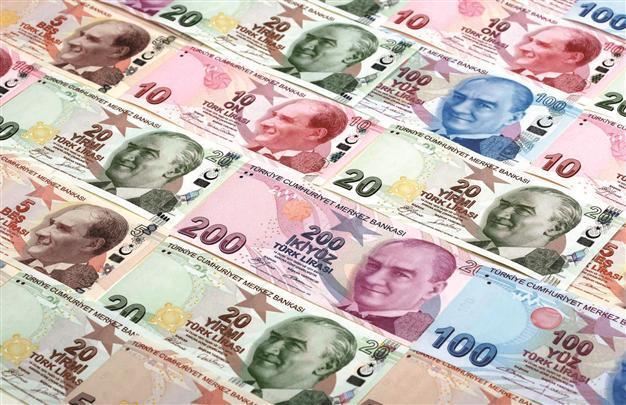Turkish Lira to stabilize soon, says survey
ISTANBUL - Reuters

Many analysts think the Turkish Lira may start to recover in the coming months despite its current record-low values due to Fed concerns and the graft probe.
The Turkish lira is likely to stabilize against the U.S. dollar in coming months despite pressure on it due to capital flows out of emerging markets and political jitters within Turkey, a Reuters poll showed.The median forecast in the survey of 38 analysts and foreign exchange strategists, conducted this month, suggested the lira would trade at 2.15 against the dollar in three months’ time, and at the same level after 12 months.
The currency plunged 17 percent last year because of a worsening global environment for emerging market assets, compounded by Turkey’s big external deficits and a corruption scandal which erupted in mid-December.
Many analysts think the lira may now have dropped to levels where Turkey’s current account deficit starts to shrink, however, while emerging market currencies in general may start to recover this year.
“The political uncertainty is likely to be the main determinant of the lira in the period ahead, at least in the first half of the year,” Finansinvest economist Burak Kanlı said.
“In this context, we could expect the TRY to underperform the currencies in its peer group.”
Local government elections are due in March and presidential polls in August. Because of a weak and divided opposition, Turkish Prime Minister Tayyip Erdoğan’s AK Party is expected to stay in power, but it may lose support and its economic policy-making could become less predictable.
The range of forecasts in the Reuters poll was extremely wide, with predictions for the exchange rate after 12 months ranging from 1.9 to 2.5. The lira’s performance will depend to a large degree on Turkish monetary policy. Most traders expect the central bank eventually to hike interest rates to support the currency, but it has so far been reluctant to act for fear of slowing economic growth, especially before the elections.
















